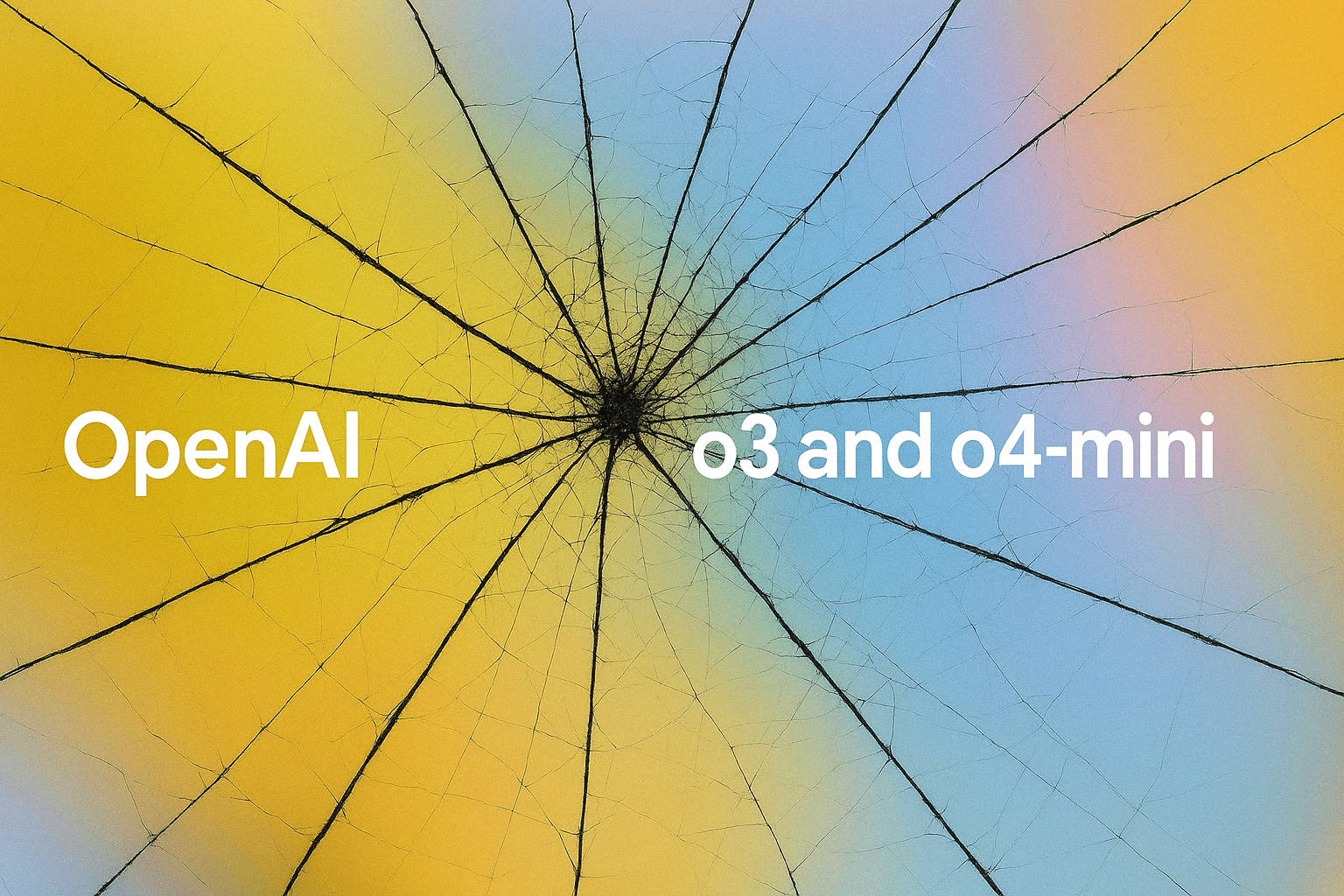OpenAI has formed an internal advisory commission to oversee its nonprofit initiatives, a move that comes as the company faces continued criticism over its shift toward commercial operations.
The commission is intended to provide strategic guidance for OpenAI’s philanthropic activities and includes individuals with backgrounds in civil rights, public health, education, and politics.
The advisors are Dolores Huerta, a veteran labor and civil rights activist; Monica Lozano, a former media executive and education foundation leader; Dr. Robert K. Ross, president of The California Endowment; and Jack Oliver, a political and financial advisor. The group is coordinated by Daniel Zingale, a longtime policy advisor in California state government.
Focus on community engagement and institutional legitimacy
According to OpenAI, the commission will develop recommendations on how the organization’s nonprofit work can be more responsive to the needs of public institutions and underserved communities, particularly in sectors such as health, education, science, and public service. The group’s work will focus on California, where OpenAI is based.
Ad
THE DECODER Newsletter
The most important AI news straight to your inbox.
✓ Weekly
✓ Free
✓ Cancel at any time
A preliminary report is due within 90 days. OpenAI states that the goal is to increase the "reach and impact" of its nonprofit work while assessing the role of AI in addressing systemic issues. The company also says it will consider both potential benefits and risks.
Ross argues that AI may offer new approaches to persistent social problems, while board member Sue Desmond-Hellmann, former CEO of the Gates Foundation, describes the commission as a step toward grounding OpenAI’s nonprofit agenda in practical outcomes.
Political and institutional credentials
The group includes several public figures with established reputations. Huerta is known for decades of labor organizing and civil rights advocacy. Lozano served as CEO of the College Futures Foundation and sits on Apple’s board. Ross has worked in public health and philanthropy for over 20 years. Oliver has advised politicians and led advocacy initiatives such as the ONE Campaign. Zingale has worked under both Democratic and Republican administrations in California and has focused on healthcare and social policy.
The commission gives formal structure to OpenAI’s nonprofit activities but does not address the core concerns raised by critics. The central issue is not the quantity of charitable work OpenAI performs, but who ultimately controls its most advanced systems. As the company moves closer to developing artificial general intelligence, the question remains whether oversight will lie with a for-profit corporation and its investors, or with a nonprofit entity.

 2 days ago
9
2 days ago
9


